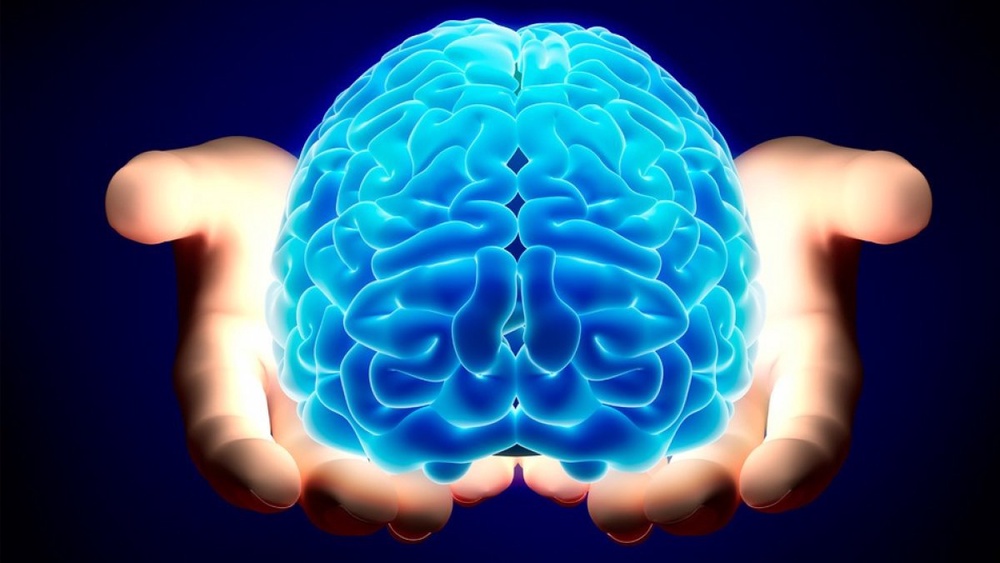
A class of drugs designed to lower blood pressure also slightly brakes the progression of dementia among the elderly and may even boost brain power marginally, AFP reports citing a study published on Friday. Doctors in Cork, Ireland, looked at data from a long-term study involving 361 patients aged in their late seventies on average who had been diagnosed with Alzheimer's disease or a form of dementia. The group, enrolled at memory clinics in two university hospitals in Ontario, Canada, was monitored between 1999 and 2010, using two standard tests to track their cognitive skills. Eighty-five of them were already taking blood pressure medication called centrally active angiotensin-converting enzyme inhibitors -- better known as CACE-I drugs -- when they were enrolled in the study. Patients in this group had a small but measurable slowing in mental decline compared with counterparts who did not take the medication, according to the Irish analysis. The researchers also carried out a smaller-scale probe, assessing the brain power of 30 patients who were newly prescribed the drugs, during their first six months on the medication. They found a slender improvement in cognitive abilities in this group compared to others that did not take CACE-I drugs -- the first time that any such improvement has ever been seen. "Although the differences were small and of uncertain clinical significance, if sustained over the years, the compounding effects may well have significant clinical effects," says the paper. The researchers say that the cause for the apparent upturn is unknown, and caution against unrestricted use of CACE-1 drugs, given their potential side-effects. The work, appearing in BMJ Open, comes on the heels of research published in the Archives of Internal Medicine in 2009, which found a larger, long-term braking effect on mental decline from CACE-Is. In a comparison of more than 1,000 patients, the probe found that CACE-I drugs were linked to a 65-percent reduction in cognitive decline per year of exposure. One theory is that CACE-I drugs work because they are small molecules that are able to slip through the thick protective membrane known as the blood-brain barrier. If they are effective, it is not primarily due to their effect on blood pressure but on the part of the brain that is involved in memory and cognition, according to this thinking.





A class of drugs designed to lower blood pressure also slightly brakes the progression of dementia among the elderly and may even boost brain power marginally, AFP reports citing a study published on Friday.
Doctors in Cork, Ireland, looked at data from a long-term study involving 361 patients aged in their late seventies on average who had been diagnosed with Alzheimer's disease or a form of dementia.
The group, enrolled at memory clinics in two university hospitals in Ontario, Canada, was monitored between 1999 and 2010, using two standard tests to track their cognitive skills.
Eighty-five of them were already taking blood pressure medication called centrally active angiotensin-converting enzyme inhibitors -- better known as CACE-I drugs -- when they were enrolled in the study.
Patients in this group had a small but measurable slowing in mental decline compared with counterparts who did not take the medication, according to the Irish analysis.
The researchers also carried out a smaller-scale probe, assessing the brain power of 30 patients who were newly prescribed the drugs, during their first six months on the medication.
They found a slender improvement in cognitive abilities in this group compared to others that did not take CACE-I drugs -- the first time that any such improvement has ever been seen.
"Although the differences were small and of uncertain clinical significance, if sustained over the years, the compounding effects may well have significant clinical effects," says the paper.
The researchers say that the cause for the apparent upturn is unknown, and caution against unrestricted use of CACE-1 drugs, given their potential side-effects.
The work, appearing in BMJ Open, comes on the heels of research published in the Archives of Internal Medicine in 2009, which found a larger, long-term braking effect on mental decline from CACE-Is.
In a comparison of more than 1,000 patients, the probe found that CACE-I drugs were linked to a 65-percent reduction in cognitive decline per year of exposure.
One theory is that CACE-I drugs work because they are small molecules that are able to slip through the thick protective membrane known as the blood-brain barrier.
If they are effective, it is not primarily due to their effect on blood pressure but on the part of the brain that is involved in memory and cognition, according to this thinking.

 +7 (777) 001 44 99
+7 (777) 001 44 99















































